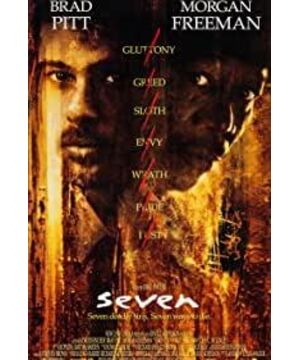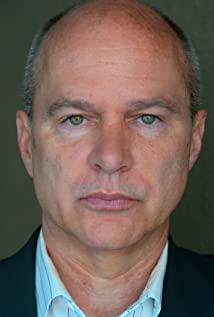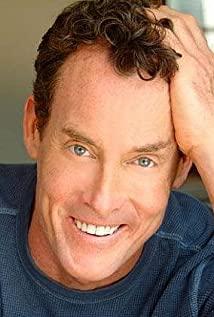The rigorous criminal logic of the criminal is the clue of the film. From the perspective of the first five crimes, the criminals are not at fault, at least they are acting for the heavens. It is also social faults to say that they are wrong, and the final "jealousy" and "revenge" are the controversies of this film: from the criminals' point of view, David shot himself to complete the redemption. If the final link cannot be completed, then the similar cycle cannot be repeated by others. From this perspective, the criminal is innocent and he is fulfilling his mission; in David and In the opinion of some viewers, criminals cannot kill innocent lives for any reason, especially the pregnant Trish, which is unacceptable in any case. In this way, an unresolvable contradiction arises. Legally, criminals killed people, but ethically, he was right. He killed Trish to fulfill his mission. It’s not a crime to say "jealousy").
Hey, it's really a good BT problem.
Turn to other people’s comments to answer this question: the English name of the
imagination or fate
film has only one striking and startling word-"Seven", which is a mysterious number in religion. This is in the Old Testament. Has the fullest performance. God used 7 days to create Adam and took out the seventh rib of Adam to create Eve. The original body of Satan is a fire dragon with 7 heads. There are 7 fallen angels in the world called Satan. After the 16th century, the Catholic Church directly used the images of Satan's 7 demons to represent 7 kinds of evils-arrogance, jealousy, rage, laziness, greed, gluttony, and lust.
In the movie, 7 crimes, 7 punishments, 7 rains, the story takes place on 7 days, and even the ending is determined by the criminal at 7 pm on the 7th day. The ubiquitous "7" implies the audience: it is fate The crime and punishment. In this case, the tragedy of fate must belong to the world, "God" as the "instructor" and "watcher" Participated in the entire event. The cold-blooded killer came to the world as a preacher and was eventually martyred. From a certain perspective, there is no distinction between good and evil in a tragedy. As a small human being, one can only accept a fateful judgment.
Look at the seven sins separately, each of which does not constitute a capital sin (God only tells us that those who commit these seven sins must go to hell, emphasizing the punishment after death rather than the world). Therefore, the 7 penalties imposed by the killer in the movie, after careful analysis, seem to follow the rules: he does not directly kill people. The fat man was forced to eat too much and broke his blood vessels and died; the lawyer cut off his own meat-only a pound, no more, no less; the drug dealer was found to have survived; the prostitute was directly killed by the client; the model was only cut off Under the nose, because she was too proud to call the police, she bleeds to death. The murderer claimed to have committed the crime of "jealousy", but jealousy itself does not constitute a crime. Only when he killed the innocent Tracy, did he become the target of Mills' anger and revenge.
According to this line of thinking, the murderer is completely correcting the world according to the "Lord"'s guidance. Actually, there is a trap here. The Ten Commandments of the Bible say: "Don't call the Holy Lord your God's name in vain." In other words, there is only one Holy Lord, and mortals cannot preach under his name. As long as this point is grasped correctly, the murderer's position is completely invalid, and the "fatalism" will disappear. William has actually found this loophole. On the 7th day (a sunny Sunday), when the three people were in the car, William asked John if he thought he was doing things for God, but John could not answer directly, saying that God’s actions are mysterious. This alone is enough Now, because only human beings can create the image of heaven and hell, and there is a saying that "go through seven layers of death and sin, leading to heaven on earth"!
Where is the fateful sin? It's all human imagination.
2. Modern civilization has caused "absence" and a "degree" of degradation in certain areas of mankind, but is it as dark as the film shows? William quoted a sentence from Hemingway: the world is a fine place, and worth fighting for. I agree with the second part. Assuming that William’s proposition is true: it is precisely because the world is unsatisfactory that it is worth fighting for.
And I believe that whether it is beautiful or ugly, it is worth fighting for a more harmonious world, and this is the meaning of life.
View more about Se7en reviews











